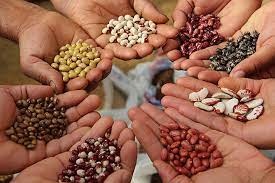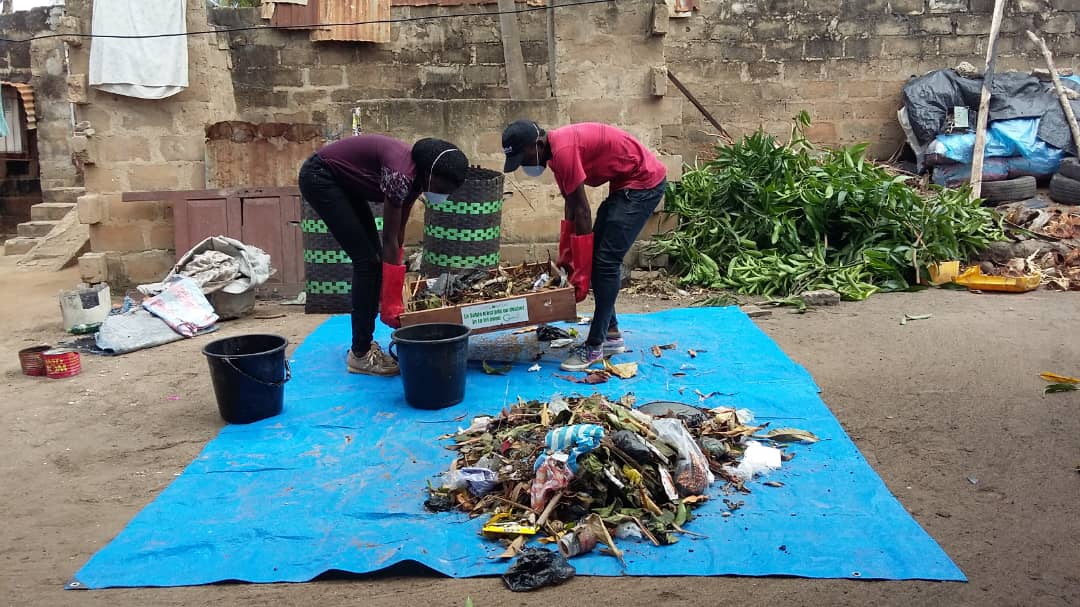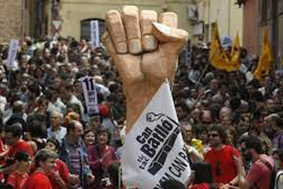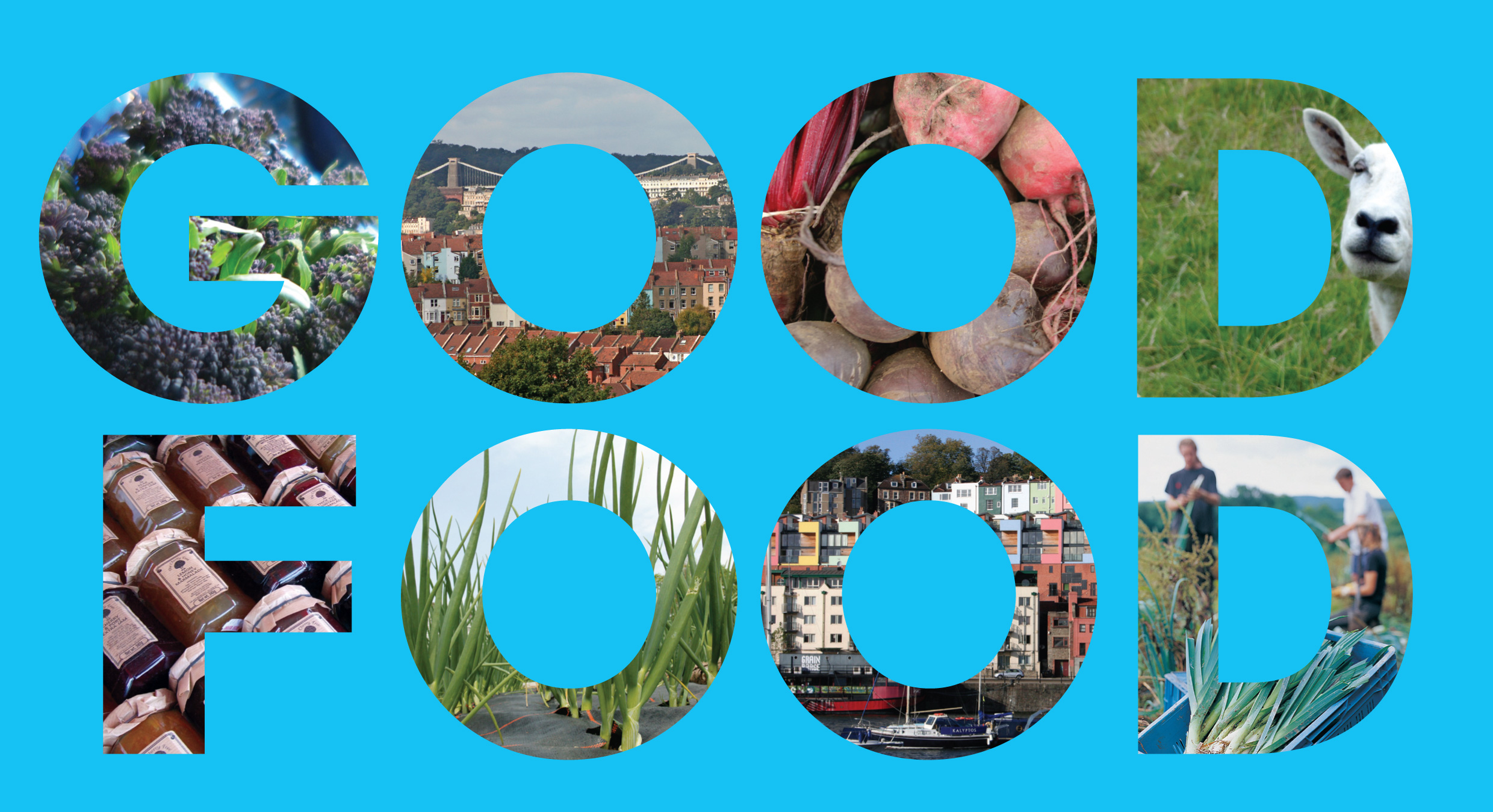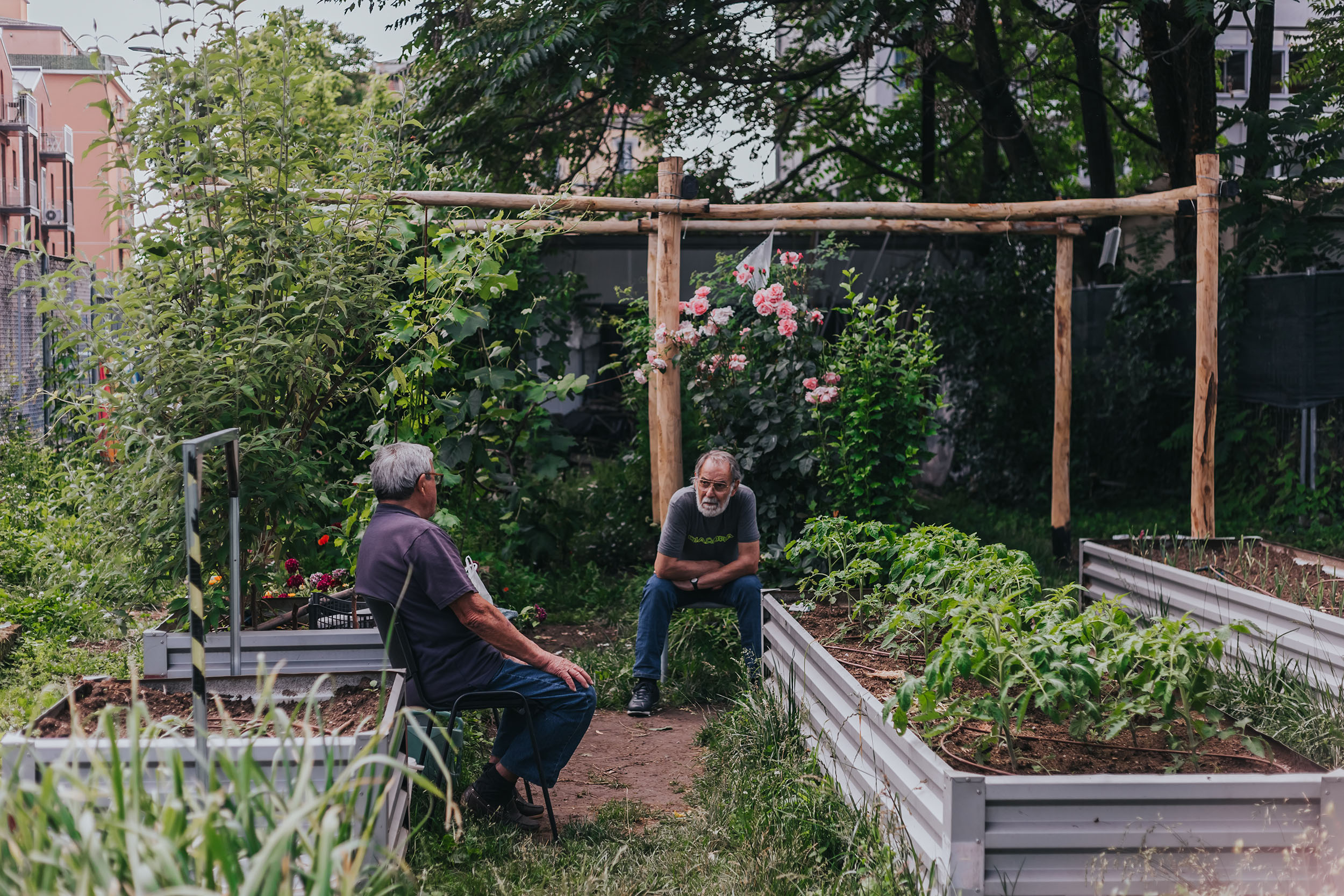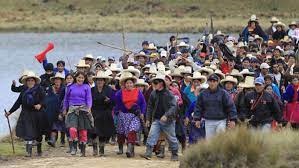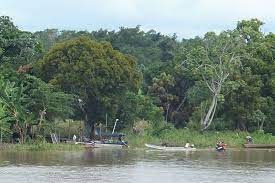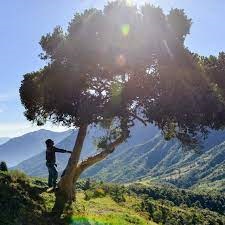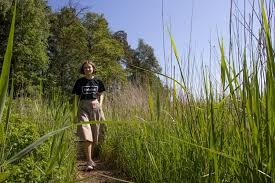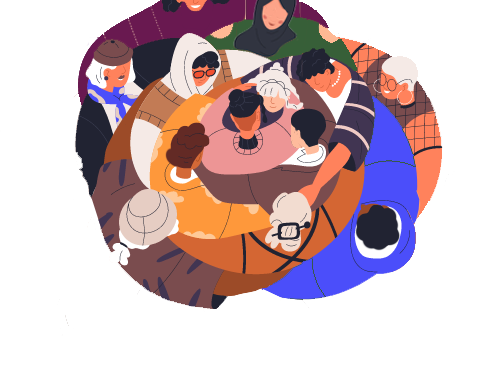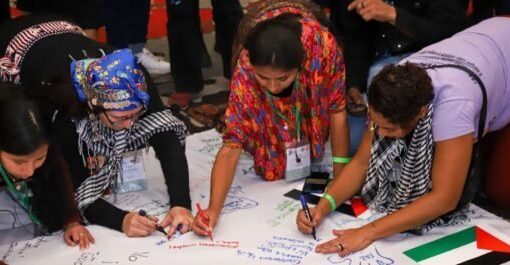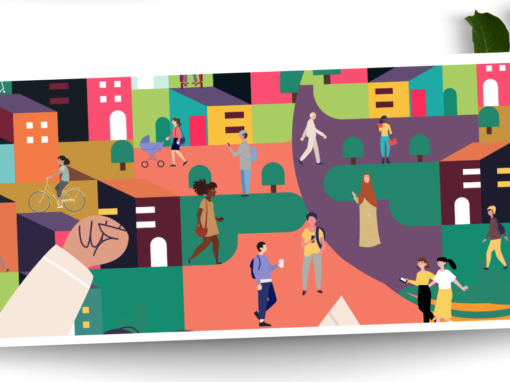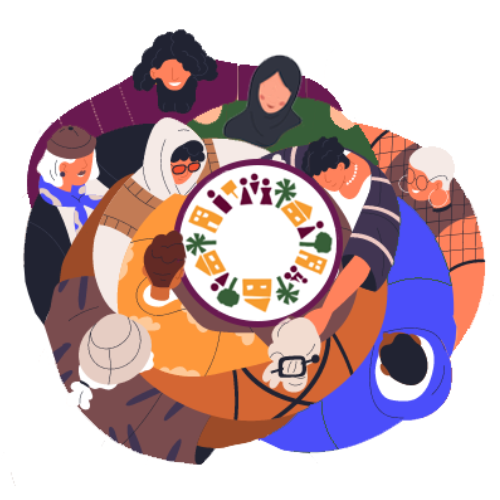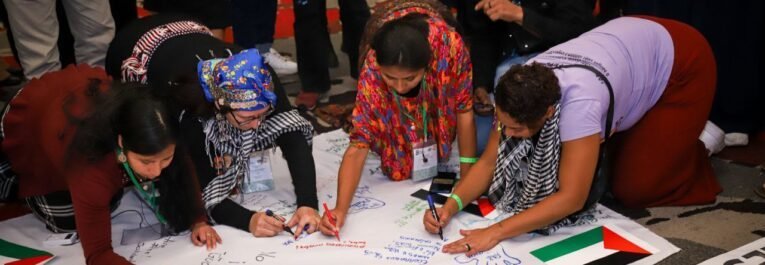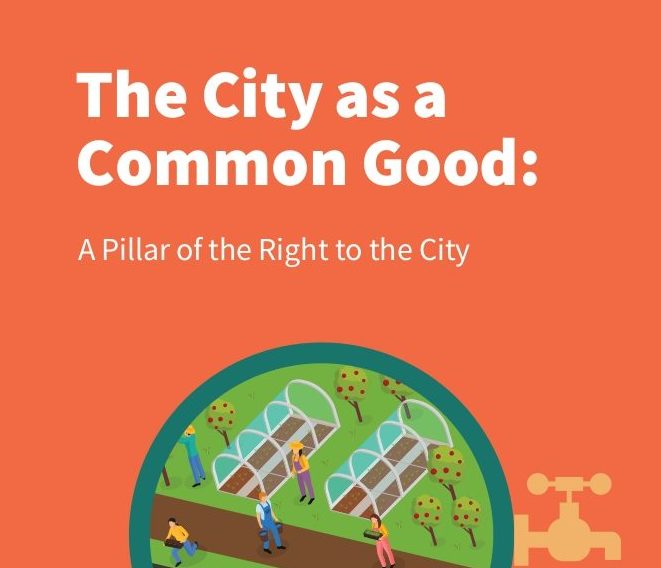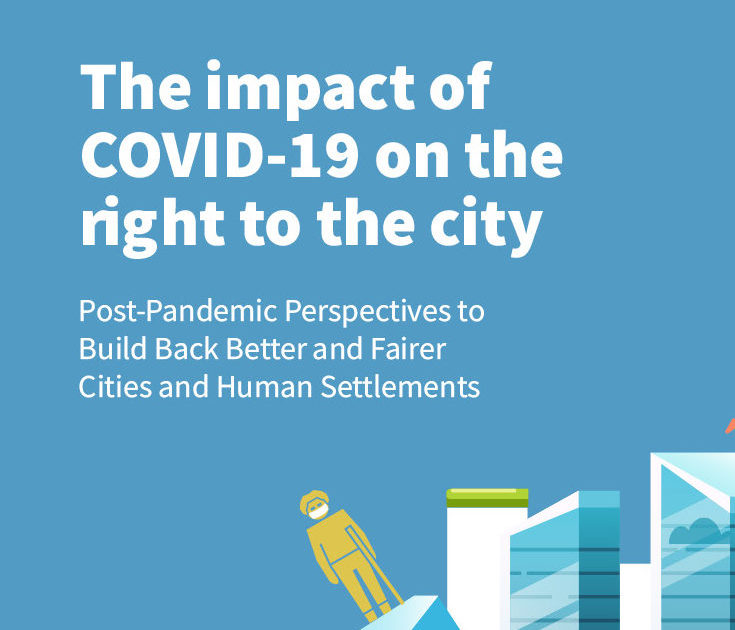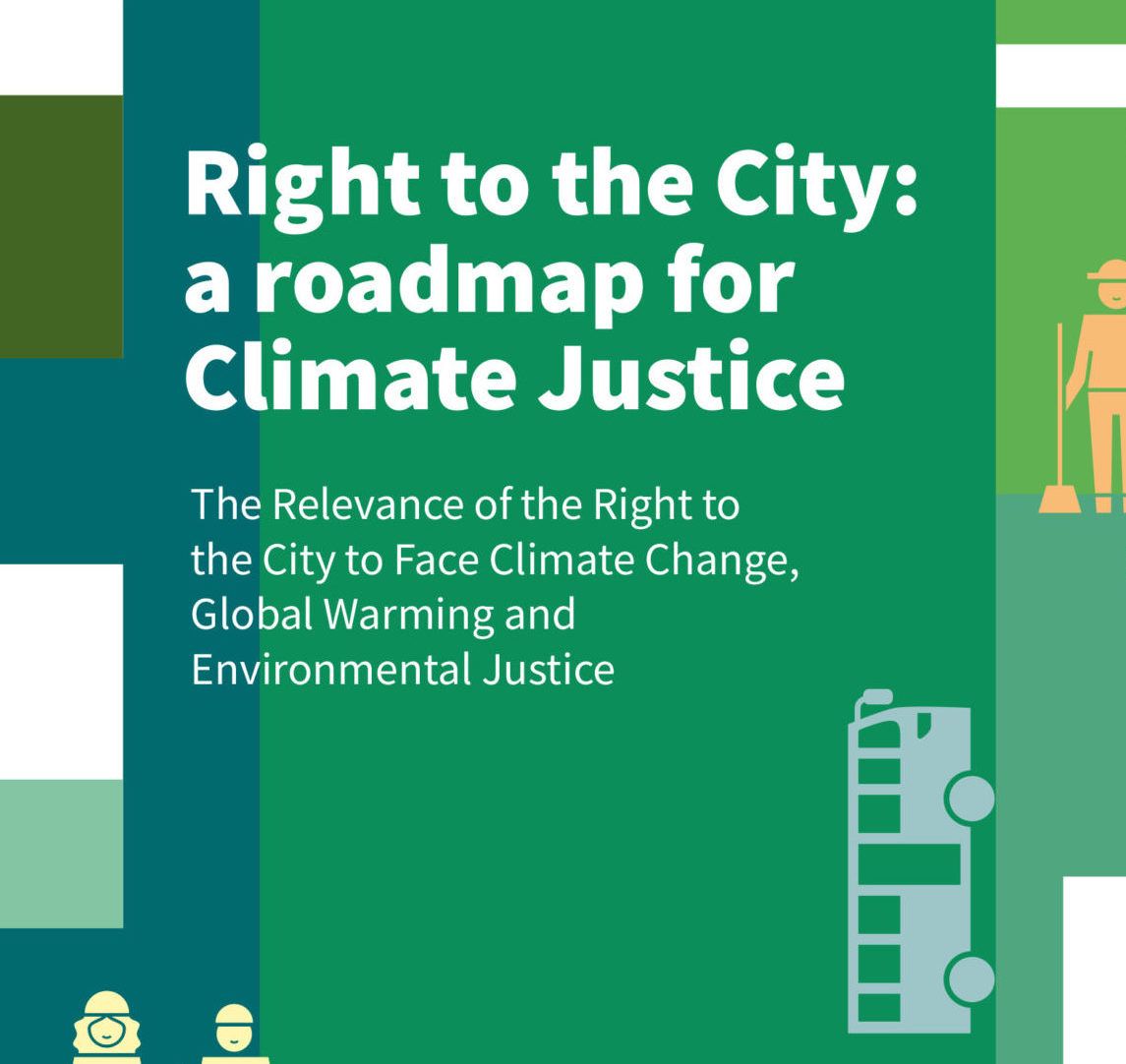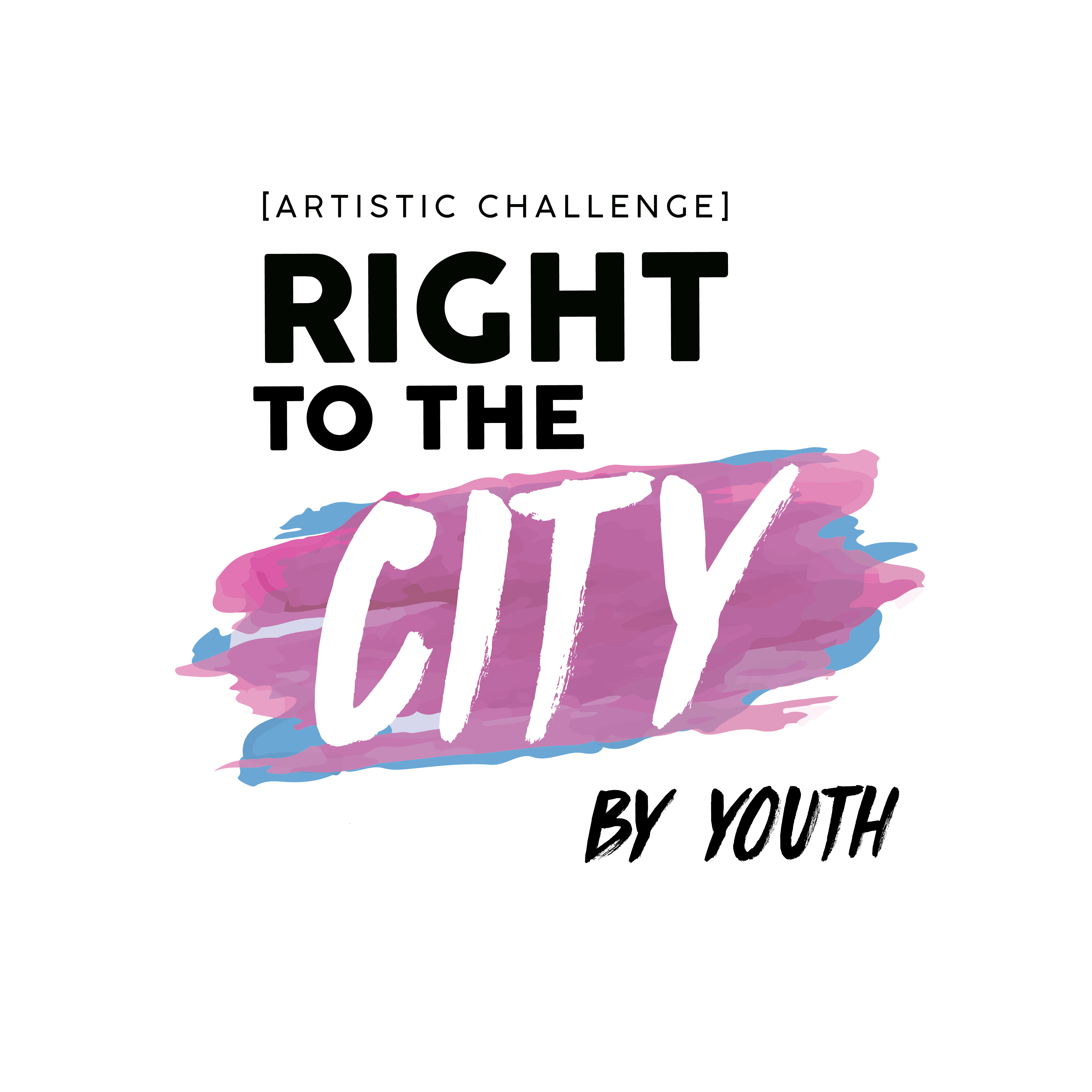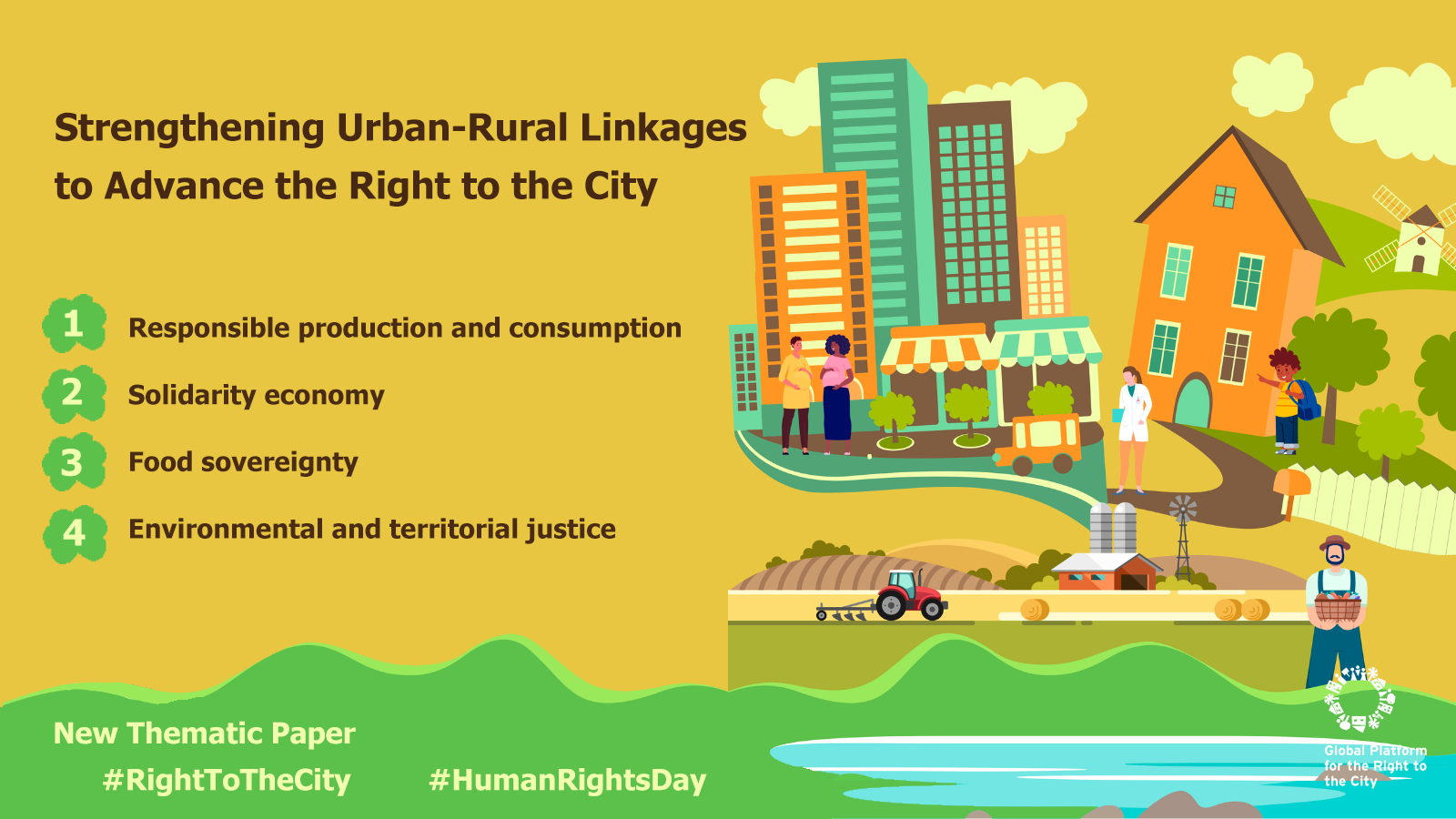
On the occasion of Human Rights Day, the Global Platform for the Right to the City launches a call for the strengthening of urban-rural linkages to advance the Right to the City, and launches its latest Thematic Paper: Beyond urban-rural linkages: the defense of territories and cities for life.
Industrialization, globalization of markets and economic liberalization increased volumes of production and consumption, generating economic growth in an inequitable and unsustainable way, which in turn has been reflected in green revolutions, urban sprawl and extractive activities. It is urgent to address these processes that consolidate a development model based on market needs and the intensive consumption of resources and energy. The negative impact of this model in the environment and the deepening of social inequities is evident.
The right to the city framework contributes to an understanding of territories as a collective project highlighting the social and environmental function of them above their economic function. The right to the city framework emphasizes a new way of promoting rights and constitutes an analytical and political tool for rethinking and transforming current development processes towards other forms of territorial planning and management. The right to the city is articulated to others rights such as the rights of Nature which add to human rights a relational and indivisible dimension with natural and cultural territorial contexts.
We envision sustainable cities/human settlements with inclusive rural-urban linkages that benefit poor people, both in rural and urban areas, and ensures food sovereignty; a city/human settlement that protects biodiversity, natural habitats, and surrounding ecosystems.
The paper “Beyond urban-rural linkages, the defense of territories and cities for life” introduces a reflection on what is the potential of strengthened urban-rural linkages to advance the Right to The City. The text analyzes the relevance of this discussion based on the current context, linking it with the wider theory and debate around the Right to the City and Human Rights and then citing examples of alternative, more equitable and balanced approaches for acting in territories, with a special focus on the social and environmental function of territory and the equitable distribution of burdens and benefits of economic processes generated in said territories.
Finally, the publication introduces a series of recommendations for national and local governments to strengthening alternative action under five main categories: responsible production and consumption ; solidarity economy; food sovereignty; environmental and territorial justice; territorial planning and management.
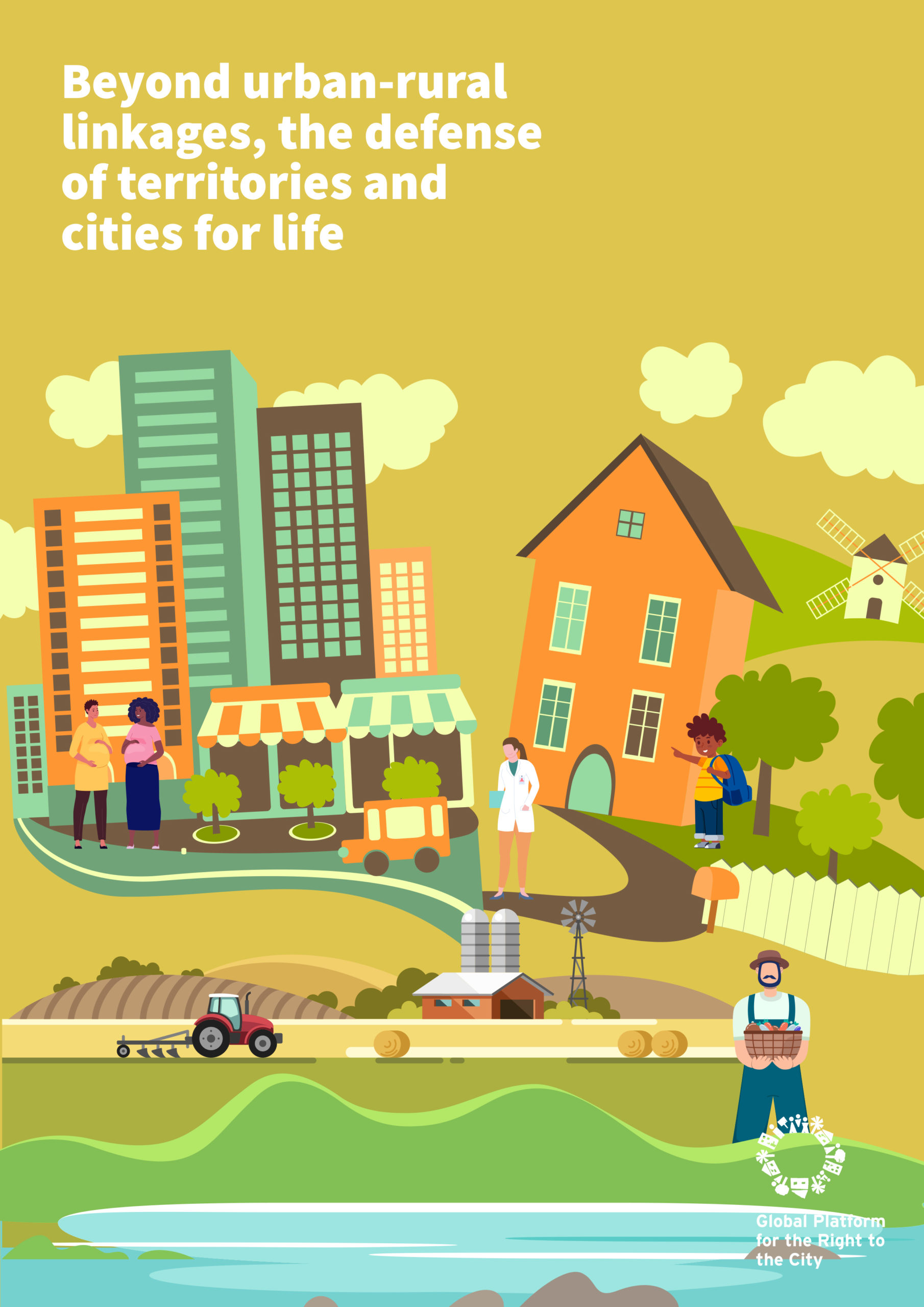
Alternative, Equitable and Balanced Initiatives
Across the world, many inspiring efforts seek to disrupt the unfair distribution of burdens and benefits of conventional development processes and defend the social and environmental function of territories through equitable, collective, and complementary actions such as the following initiatives from the civil society and governments:
Women’s Group “Decided to Win of Mossoró” and Solidarity Marketing Network Xique-Xique
Brazil
This group is committed to growing agroecological vegetables, seeking fair and solidarity-based forms of marketing and participating in the construction of the Xique-Xique Solidarity Marketing Network (Brazil), which is organized on the principle that production, marketing and consumption should be distanced from all forms of exploitation. Through the organization, they were able to create alternatives for marketing and conscious consumption which guarantee the social and environmental function of the territory and make it possible to generate networks that offer conditions of justice and equity, emphasizing on the inclusion of historically marginalized groups.
Waste recovery and public awareness through community actions in Lomé
Togo
An integral conception of the territory requires the development of sustainable and responsible practices which allow those who produce waste to take responsibility for its management. Through ENPRO, a local waste recovery operator, and with the participation of families from Lomé, waste management has been improved based on raising awareness and doing a consultation process, acting on the various networks in the sector and involving neighbors and local stakeholders who have supported the cleaning of the area and the elimination of illegal dumps.
Food systems in the municipality of Orduña
Spain
Since 2003, based on participatory diagnoses regarding the state of the primary sector, the municipality of Orduña has activated socio-organizational processes around food sovereignty and followed an agroecological production model. In this case, a specific advisory service was created for training and supporting local producers, focusing on addressing issues of food, sustainable production, shortening market chains, and incorporating new generations of producers in agroecological production and conscious consumption.
A good food plan in Bristol
England
The city of Bristol, England, is also putting forward an initiative to promote eating habits which are good for the environment, good for local producers and traders, good for health, and which will contribute to the local economy. It is based on a multidimensional strategy that includes transforming food culture; safeguarding food retail diversity and land for food production; increasing urban food production, composting and recycling; developing infrastructure for local sourcing; improving market conditions for local and regional suppliers, and improving the quality of food products.
“Coltivando” & “Feeding Milan: Energy for Change”
Italy
The “Coltivando” initiative originated within the Milan Polytechnic brings together local residents with a group of postgraduates from the university to collectively create a convivial garden. The project has two objectives: first, to stimulate urban agricultural practices with an agroecological perspective in public and private urban spaces in order to contribute to the qualitative improvement of life and the environment; secondly, it seeks to establish links within the community by building a place to share, meet and to facilitate access to information, stimulating discussions on health, healthy eating and food production.
Community struggle in Cajamarca for the defense of water
Peru
The story of Máxima Acuña in Peru illustrates how communities defend territories against extractive enterprises. Máxima’s effort against the Newmont mining company is a fight for her right to remain and live on her land, protecting common goods such as the water that serves the entire community and supplies the city downstream. Máxima cares for the landscape and the territory as sources of life and meaning for the community, and at the same time creates a community through their struggle, awakening the interest of organizations that — although not depending directly on the livelihoods of that territory — feel called to support a just struggle.
Global movement for rainforests against the misleading “clean energy” discourse
Indonesia
Large infrastructures, as is the case with geothermal plants, have a great impact on economic development, but can also affect the livelihoods of local people as possibly generating polluting effects. The Mount Talang area in Indonesia was designated as a protected area due to its important role for water catchment. However, in mid-2017, the Ministry of Energy and Mineral Resources granted geothermal exploration and exploitation to a consortium of foreign and domestic companies without a proper consultation process with affected communities. This caused protests from affected communities, who demanded that the government restore their rights to a healthy and clean environment. The community has opposed the project and the local government and companies have answered with more repression. The community is now preparing a lawsuit against the Ministry of Energy and Mineral Resources.
Choco Andino Biosphere Reserve
Ecuador
For several decades, communities in this region have worked to protect areas of conservation and promote processes of sustainable development in the face of unsustainable practices and threats of expanding extractivism. The establishment of the biosphere reserve has been a critical strategy in advancing the protection of the area. A key element in the successful organization of communities in the region was in the establishment of an “intermediate” territorial governance space known as the Mancomunidad, which is located within the area of the reserve. In early 2021, community organizations of Choco Andino, along with authorities from the Mancomunidad, presented a petition to the Constitutional Court of Ecuador to request a popular referendum which considers prohibiting mining activities in the Metropolitan District of Quito.
Procurement and materials efficiency in the Municipality of Helsinki
Finland
In accordance with Helsinki’s environmental policies, all procurement processes must comply with environmental criteria set by the city’s Procurement Center and Environmental Services to promote sustainable procurement, for which it provides training and advice. Based on this policy, Environmental Services has established an environmental procurement network, which aims to contribute in achieving the city’s environmental objectives. This experience shows that governments can actively influence the market by promoting sustainable production and consumption models through execution of the State budget, which helps promote the social and environmental function of territories over
its economic function.
Launch and presentation of the Thematic Paper
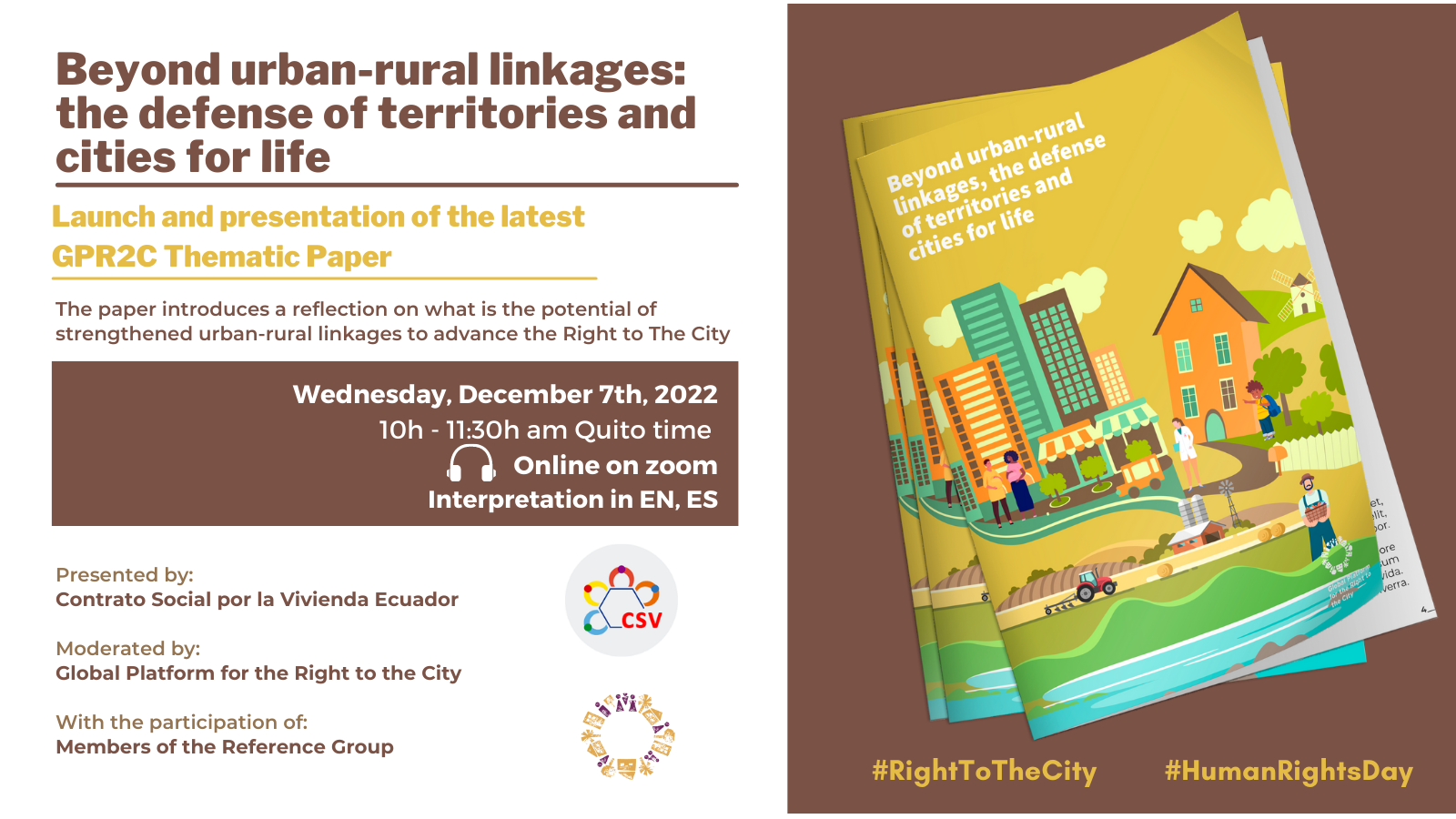
The presentation will take place on Wednesday, December 7th from 10h to 11:30h am Quito time (check your local time here). The paper will be presented by the team from Contrato Social por la Vivienda Ecuador responsible for drafting the publication being followed by a round of comments and reactions by representatives of organizations that were part of the drafting process as members of its reference group as well as a round of open debate and questions. The event will be online and will count with interpretation in English and Spanish. You can sign-up here.


